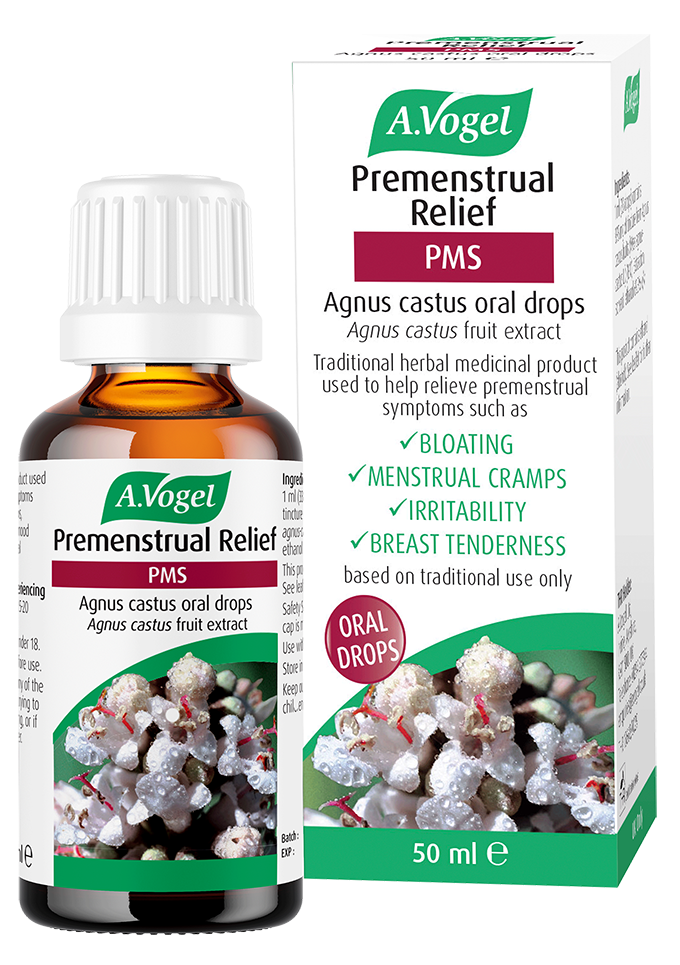An introduction to the peri-menopause
The peri-menopause can be thought of as the first stage of the menopausal phase in a woman’s life and is the time before and around the final menstrual period.
Medically, it starts when the first menopausal symptoms are noticed and ends a year after the last menstrual bleed, or the point in time when menopause has been reached.
The term ‘peri-menopause’ is not often used. Women experiencing symptoms usually refer to being ‘menopausal’ or ‘going through the menopause’.
Why does it occur?
As a woman becomes older, there comes a point when production of the female hormones driving the menstrual cycle starts to decline. This process means that eventually, no more eggs will be released by the ovaries each month - it is Nature’s way of saying that, at this age, the woman is less likely to carry a healthy baby and that her reproductive life should come to an end.
Typically, this process begins in the mid-forties and as hormones fall, an imbalance between oestrogen and progesterone can occur.
Menstrual periods become irregular, heavier or more uncomfortable. Other physical and psychological symptoms may be experienced – some women may describe these as being similar to PMS (pre-menstrual syndrome).
What are the symptoms of peri-menopause?
A wide variety of symptoms can be experienced during the peri-menopause. These are generally the same as the symptoms present during the other stages of the menopause.
However, a few symptoms are more frequently encountered during the peri-menopause. These include:
- Irregular, painful or heavier periods
- Breast pain
- Irritability or anxiety
- Low mood or depression
- Sleeping poorly
At the start of peri-menopause, these symptoms may worsen in the week or so before each menstrual period and feel like PMS.
Women in the peri-menopause can also experience hot flushes and night sweats, whether or not they are still having their monthly menstrual bleed.
In addition, the peri-menopause can also give rise to muscle pain and joint pain. These are usually confined to the upper part of the body and described as neck pain or shoulder pain.
How can herbal remedies help?
As the peri-menopause is a normal stage a woman has to go through in life, many prefer to treat symptoms experienced using natural medicines. A number of herbs which can be of help:
- Agnus castus. Also known as Chasteberry, this is the herb of choice if symptoms start after ovulation and disappear once menstrual bleeding starts, just as you might expect with PMS (premenstrual syndrome). It can be very useful if you have a number of symptoms and can also help painful periods and breast tenderness
Premenstrual Relief Agnus castus Oral Drops| Helps Relieve Pre-Menstrual Symptoms | Mood Swings, Menstrual Cramps, Bloating & Breast Tenderness
£12.99 (50ml) In Stock Get it tomorrow, 14th May.
- Valerian. The root of the Valerian plant is used medicinally and extracts can help you cope better with stress or anxiety; or help you obtain better sleep
- Avena sativa. This is the plant we commonly know as Oats. However, instead of the seed or fruit, it is the leaves and stems of the oat plant which are used medicinally. It helps to relieve mild stress and anxiety
- St. John’s wort. This has a long tradition of use to help lift the mood of those who are prone to mood swings or feeling a bit down and sad
- Sage. Extracts of sage are now known to have the specific ability to relieve hot flushes and sweats. It can be used at all stages of the menopause
- Arnica. This herb is well known for its ability to help with bruising, but also has pain relieving properties. It is useful if you suffer from neck and shoulder pain, muscle aches and joint stiffness
- Devil’s Claw. This plant grows only in the Kalahari and has a long tradition of use in treating joint pain and backache.
What about medicines from my doctor?
In general, doctors will be reluctant to use prescription medicines for the peri-menopausal. However, if symptoms are severe and starting to interfere with quality of life, a number of classes of medicine may be suggested.
Hormonal treatments include the low-dose oral contraceptive to treat PMS-like symptoms, or HRT (hormone replacement therapy). In addition, anti-depressants or sedatives may be needed for those suffering depression, anxiety or insomnia.









